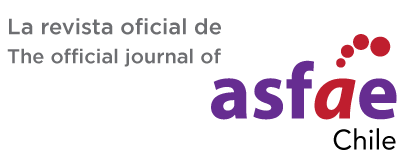Éxito de star-ups con financiamiento público: patrocinado académico vs patrocinio privado
Palabras clave:
Start-up, Economic development agency, University sponsored innovation, Private sponsored innovation, Impact evaluation of public programsResumen
Innovation and entrepreneurship are pillars of the knowledge-intensive economies. As such, most countries develop public support programs through Economic Development Agencies (EDA) to foster their development and growth. These public programs consider the idea of smart money that means not only providing financial resources, but also technical-administrative advice to the entrepreneurs. Usually, EDAs allocate smart money through incubators, universities or private consulting firms. In this research, we are interested in comparing if the results of triple helix alliances (public funds, entrepreneurs and university incubators), outperform non triple helix partnerships (public funds, entrepreneurs and private consulting firms).We analyze the performance of a sample of start-ups subsidized by the Seed Capital Program (SCP) of CORFO, the main EDA in Chile, using data mining methods. The results describe clusters with better performance measures in sales, jobs creation, patenting, and fund raising for those new companies partnering university incubators than the non-triple helix cases of business developments.











